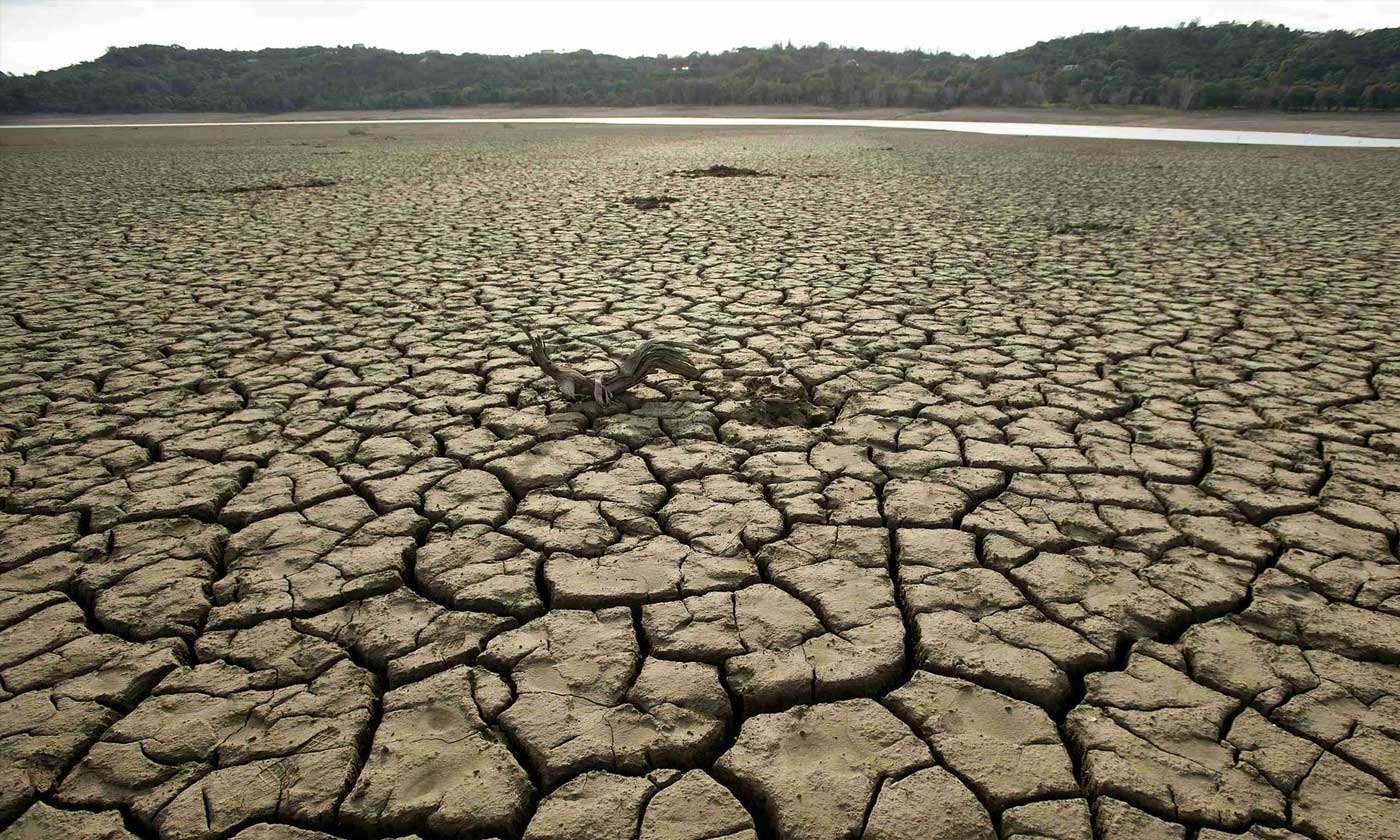Pakistan is no stranger to the drastic painstaking effects of climate change and now, one can certainly hear the anecdotes. It enjoys diverse seasons dispersed across the country but also reaps the detrimental varieties of extremely divergent climate change concerns including excessive heat, droughts, and floods.
Worsening heat stress and shooting temperatures put Pakistan in a defenceless position as it faces a rise in water scarcity, malnutrition, and vector-borne diseases that target the most vulnerable. Childbearing women, children, people with pre-existing conditions, and people in poverty are more so than others stuck in a cycle of degrading health and environmental decay; this will only have a worse impact with time.
In recent events we have seen the influence of climate change in Pakistan interrelated with infections and vector borne diseases. Droughts and excessive rainfall have promoted malaria and dengue, both deadly and fast growing diseases Pakistan is prey of. In 2019 Pakistan had an estimate of 1 million cases and 300,000 reported cases of malaria concluding it as the region with the highest burden of vector borne diseases. According to World Health Organization, 98% of Pakistan is at risk of malaria.
The current climate has an adverse effect on crop yields and it poses a huge risk on adding to the undernutrition of the population of Pakistan. Elevated carbon dioxide levels in the air and soil result in crops with significantly diminished nutrient profiles and reduce overall food production. This loss is even more acute in Pakistan as a huge percentage of the population in the country is least able to afford animal protein. This nutritional impact on human health will be detrimental and it hosts many more challenges that Pakistan is not in a position of tackling.
Pakistan’s population is only growing and thus the impact of climate, disease, and nutrition on our dragging economy. The Pakistani government must think hard about climate change and the biodiversity crisis, and take operational steps towards climate influenced healthcare development and fund health-promoting systems that work towards reducing diseases and adapting to the new demands of services of quality healthcare. Investing in health care is investing in a rapidly growing economy.
The challenges of climate change are multi-sectoral and it is very critical at this time to address and mitigate the ongoing and poten- tial health risks. The Covid-19 pandemic is an added stressor to these conditions. Stuck to climate change, there is poverty, political conflicts, inequality and corruption, and now a pandemic tightly forcing migration which has its own short and long term conse- quences. Places are getting wetter, dryer, hotter, colder and unlivable for most. People testing positive have more problems to worry about than just the virus itselt. Terrible climate and living conditions go hand in hand with and are a causing factor of lack of access to health care. It is complicating the already choking health system now more than ever.
Some people living in many rural areas might be privileged enough to venture out to big cities for treatment, if not, they are leY with the dismay of possibly having to migrate there for long or short term post care treatment or therapy. This brings us to the question; should treatment be made convenient for the provider or for the patient? The government is not focusing on the latter. Internal migration which is now more of a necessity than an option for many results in increased nutritional deficiencies due to dispropor- tionate delivery of nutrition, increased infection as a result of overcrowding and no basic sanitary infrastructures; and this slippery slope leads to an array of mental health concerns. The healthcare sector is the forefront of climate impacts and health- care professionals are the first responders in preventing fatalities caused by climate change. Mitigating a majority of health concerns falls in the vector of mitigating climate change.
Pakistan is disproportionately exposed to the impacts of climate change and we are now seeing this driving the mortality rates even higher with the pandemic. COVID-19 is a learning opportunity and It has allowed us to see that people are most motivated when the situation becomes personal, we must now realize that climate change isn’t just restricted to affecting polar bears and the arctic glaciers, it is endangering our health every single day causing increased risks for cancer, lung and heart disease, malaria and the list is endless. Universal healthcare is a possible opportunity which will help weaken the burden Pakistan faces as a climate sensitive nation and it will prove to be beacon for effective access to health- care with equal opportunities for the masses.
Separating climate change and healthcare is a jeopardizing delusion and our health is entirely dependent on it. We must work at both provincial and federal levels and with enough changes in the management of agriculture, water, and other industries, we are sure to see an acceleration in healthcare and thus a in turn the economy of Pakistan.
The writer is a specialist in healthcare services administration currently working in the telemedicine industry in Pakistan.










